BLOG
UdhyogIndia | Date(Sep, 2015, Tue) | Comments
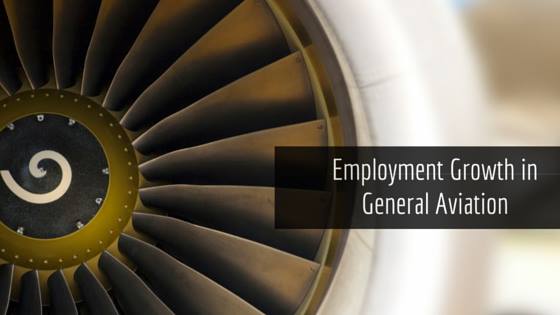
Employment Growth In General Aviation
General Aviation market i...

Visual CV
Chuck your black and whit...

Now You Can Really Fly High In Your Career
The Indian civil aviation...
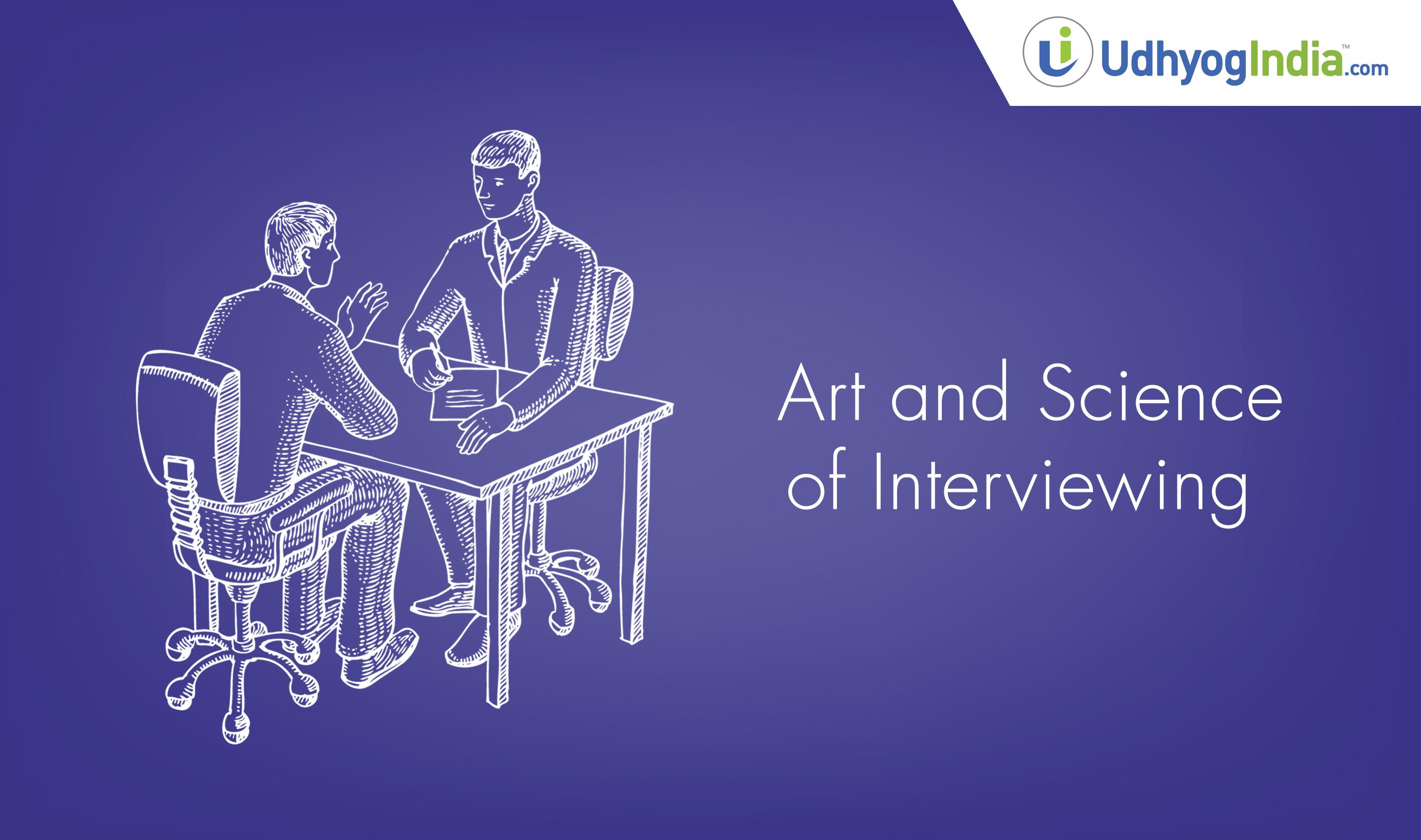
The Art And Science Of Interviewing
Job interview is the most...
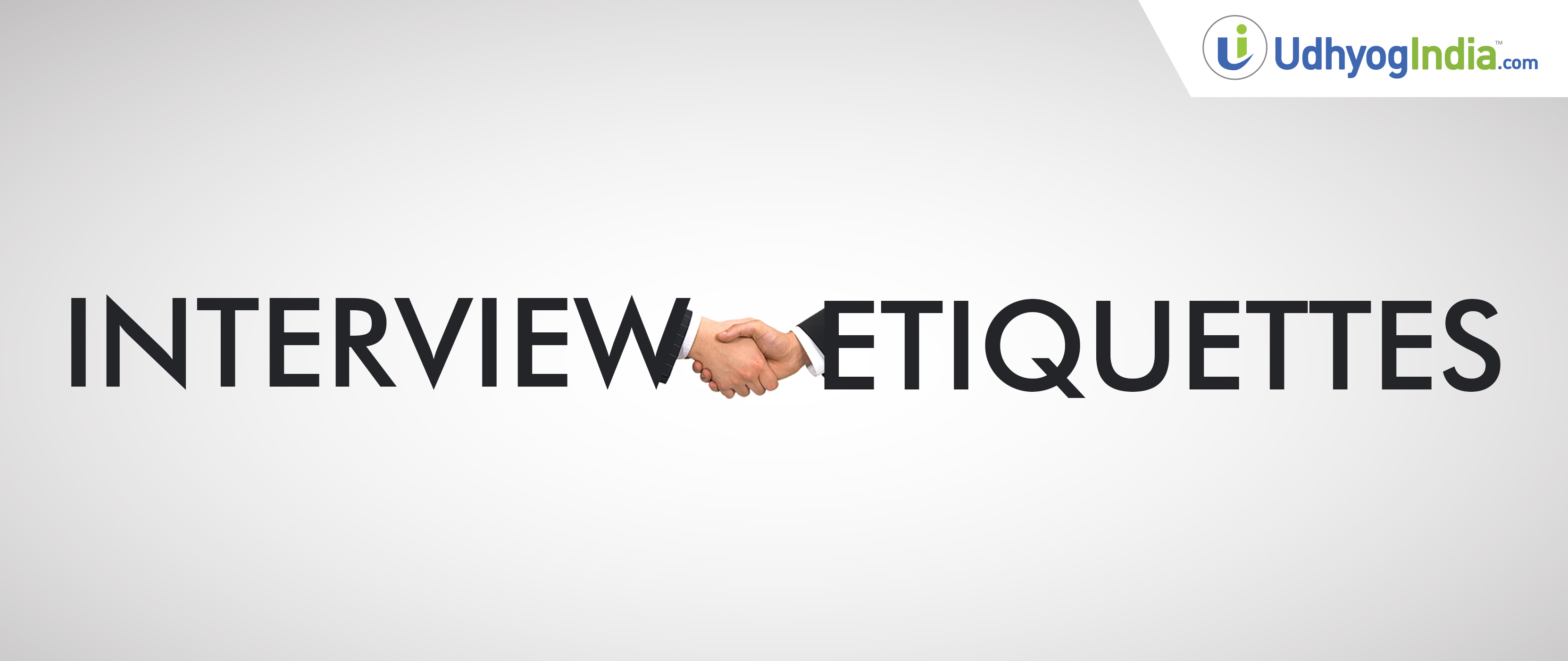
Interview Etiquette
Acing an interview requir...

Let’s Live The Dream Our Ancestors Had For The Country
Today is the 69th INDEPEN...
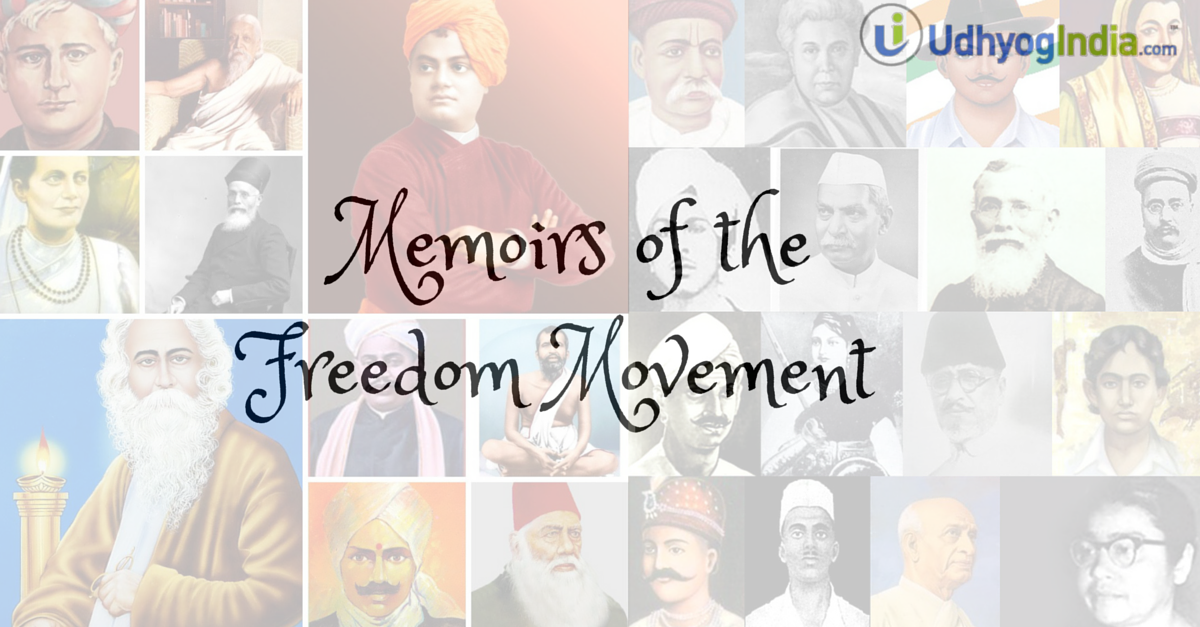
Memoirs Of The Freedom Movement
With the Independence Day...
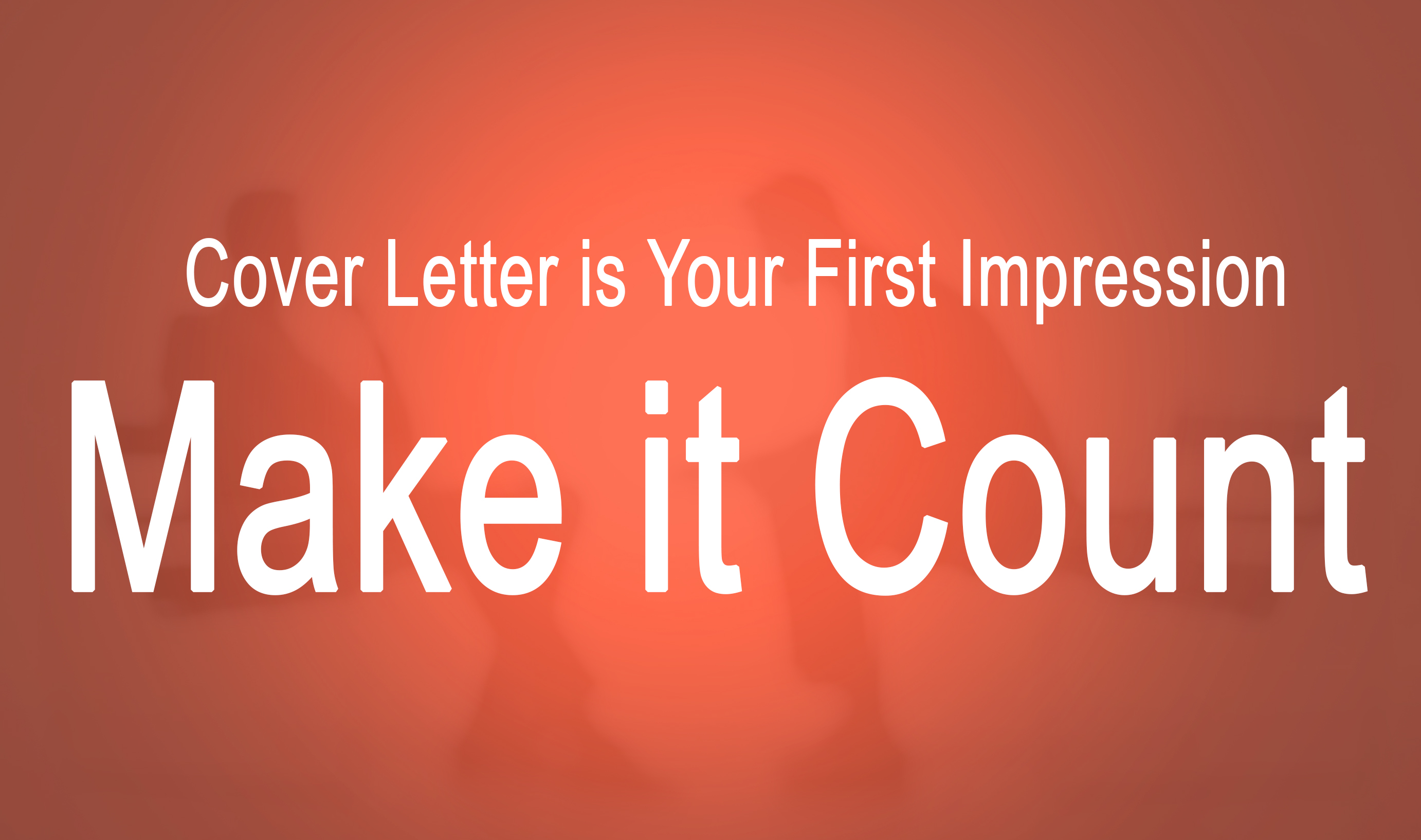
Cover Letter Is Your First Impression - Make It Count
Most of the candidates ha...
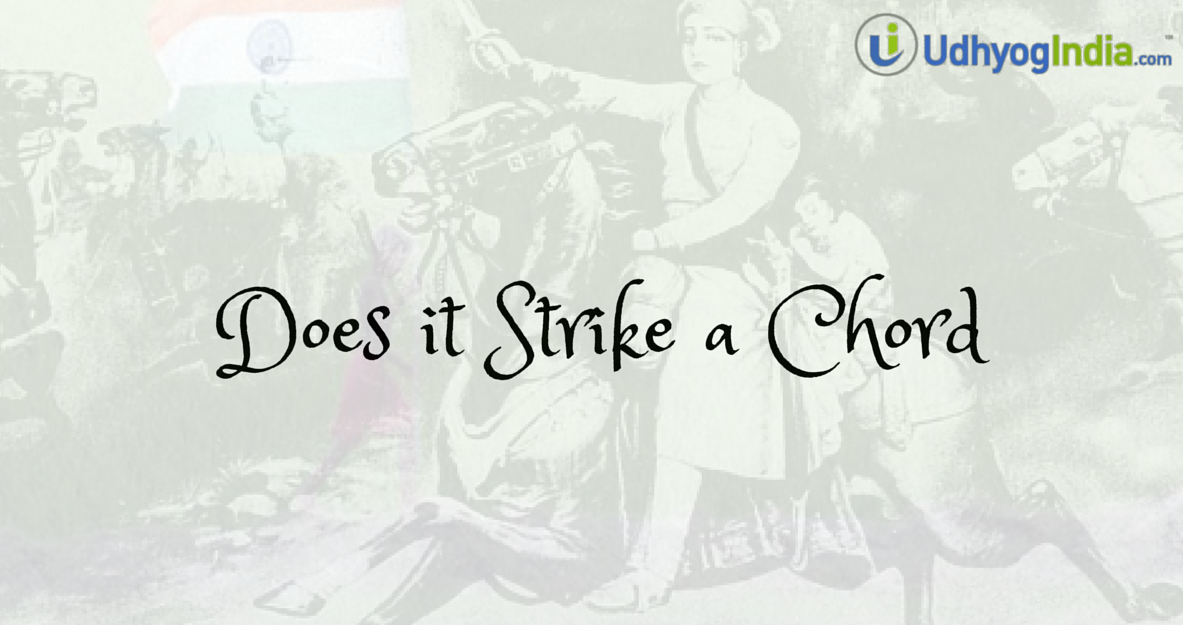
Independence Day – Does It Strike A Chord?
With the Independence Day...
The Art And Science Of Interviewing
Job interview is the most important aspect of finding the right employee for organization. The objective or goal of hiring is not simply employing a body. Interviewing is both an Art and Science. Art and Science are two vital aspects of a successful interviewing. The Science includes the work you have to do before beginning the interviewing and the art is how you conduct the interview. The Science of Interviewing:
- Prepare for the interview: Review the job description. Make a note of the skills, qualifications that are required for the position. Understand the scope of and growth of the position in terms of learning, hierarchical. Review the resume of the applicant you are interviewing.
- Determine the interview process: List down the levels of interview, Determine if the interview is conducted by an individual or a panel of interviewers. Identify the interviewers. Trace out the best interviewers in your organization for each position. Determine the goals of an interview – is this a collective decision or which interviewer will make the decision. How many applicants are to be interviewed and shortlisted for each position, meaning you would shortlist the first applicant if he/she is a good fit or you would wait till you shortlist at least 3 or more applicants.
- List the organization’s culture, characteristics: Take a note on the company culture, growth of the company, the learning and growth opportunities provided by the company, benefits and perks provided by the company (technical interviewers can skip this section and pass this on to a Human resource professionals in the organization). Take a note at the qualities of the most successful people in your organization. Remember technical skills can be taught but not the attitude.
- Develop questions that are relevant to the position: Use the interview to determine whether the applicant possesses the skills, experience and qualifications required for the job. Prepare the questions (open-ended questions) which require the applicant to provide information and describe their experiences. Based on their responses, you can determine whether their skills and experience match the job position offered and also if he/she is a right fit for the organization.
- Schedule and venue of the interview: Ensure the time and venue of the interview is communicated to the applicant in prior. Let the applicant know the duration of the interview. This would allow applicant to plan accordingly. Also, it is suggested that YOU are also on time and ensure the venue of the interview is clean and proper air flow is available.
- Build trust and rapport with the applicant: Building trust is about genuinely caring for the individual, treating them with respect and demonstrating that they are important. Greet them and show the applicant the place of interview by yourself. Introduce yourself and make them feel comfortable at the interview.
- Effective Listening and allow a positive conversation: Listening is very important aspect in an interview. This would encourage the applicant to express thoughts and experience. The main trait of a positive conversation is to listen carefully and ask thoughtful questions. Don’t be interrogative. A two –way conversational interviews put the applicants at ease and assist you in learning the most about them.
- Take notes: Always take notes of important experiences, achievements explained by the applicant. Inform prior to the applicant that “I would be taking notes and do not get distracted”. Taking notes will help in summarizing your observations and compare with the other interviewers or at times comparing the skills and experience of any other potential applicant(s).
- Ensure to provide an opportunity to ask questions: Interview is an opportunity for not only you but also the applicant to learn more about the company, scope of the job, work environment, your expectations and etc. The type of questions that an applicant asks will give the hint of the type of the persona they are.
- Provide feedback and do not make them wait: Once the interview is done, take time to review and assess the fitment of the applicant. It does not matter, even if it takes 30 minutes. But ensure you provide the feedback to the applicant even if it is negative. Be prepared with the reasons for not selecting the applicant.
- Avoid judgement for the first 20 - 30 minutes: Most of the time, we tend to decide in 10 - 15 minutes. Avoid your judgment for at least for first 30 minutes. This would give enough time for YOU to gather information about the applicant’s skills, attitude, experience, qualifications, responsibilities handled and etc.